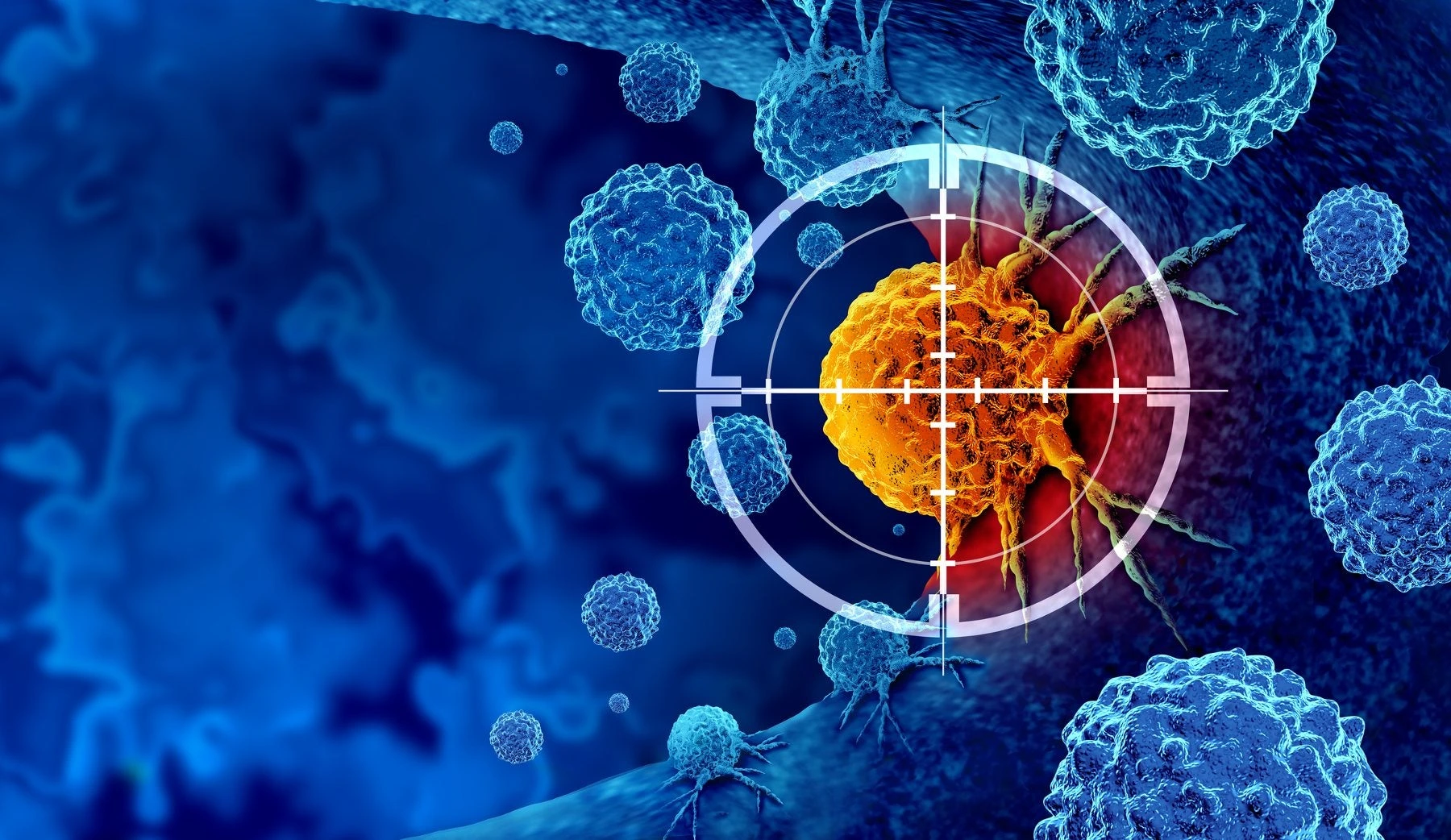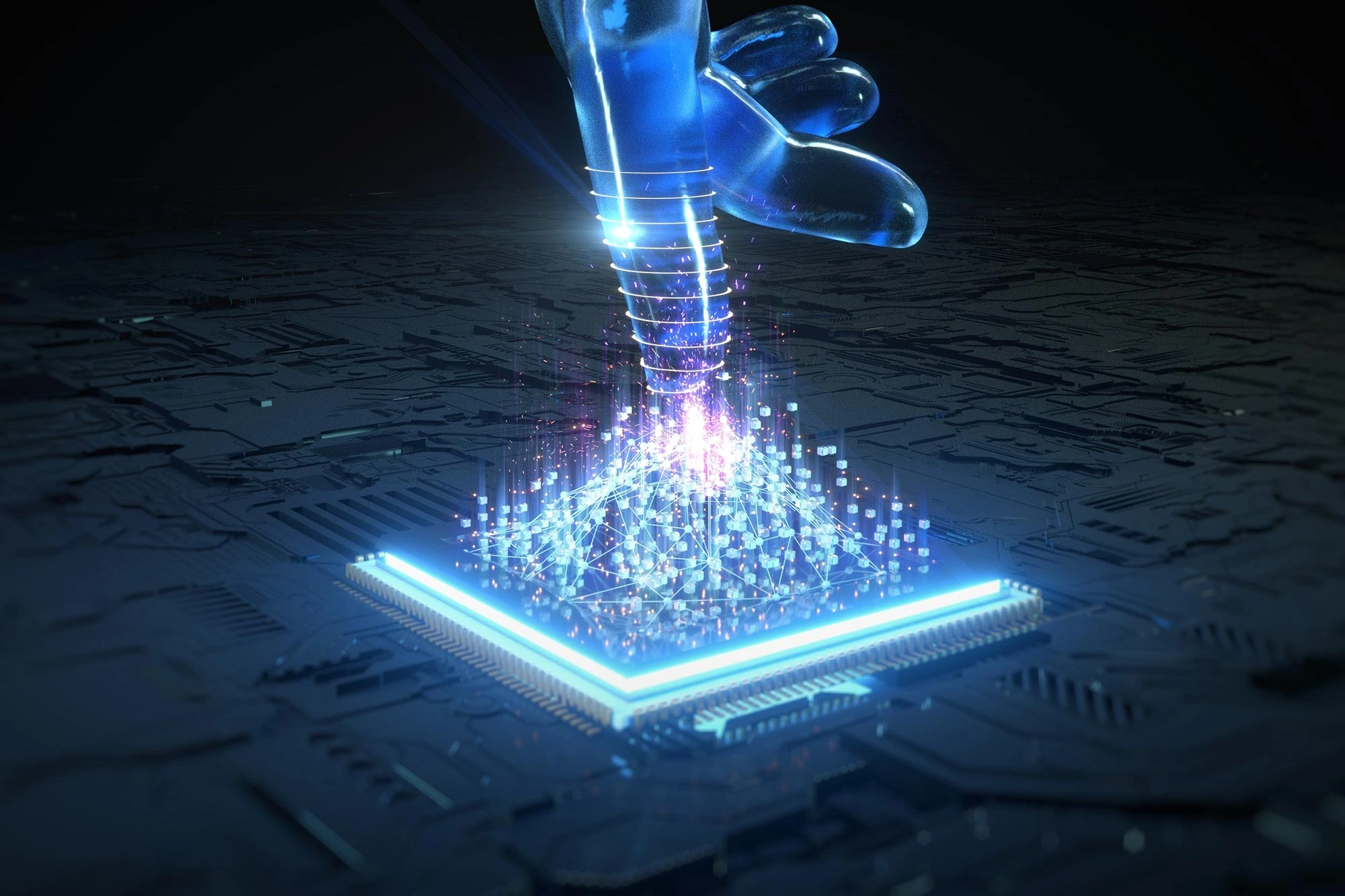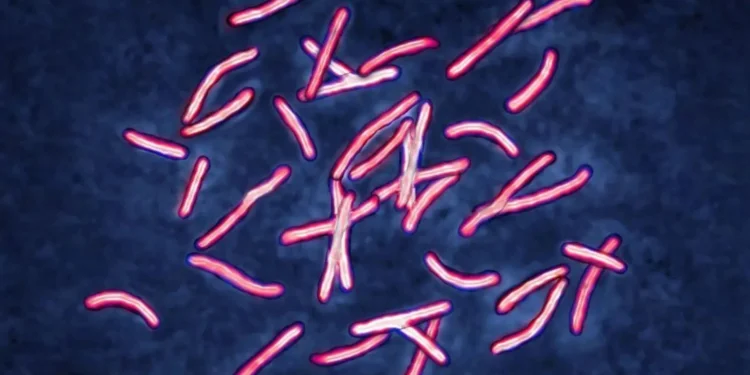In a groundbreaking achievement that underscores the transformative power of artificial intelligence in scientific research, an AI tool has cracked a complex superbug problem in a mere two days—a task that previously took a dedicated team of microbiologists at Imperial College London a decade to approach. This rapid breakthrough not only highlights AI’s potential in accelerating medical research but also poses significant questions about the future roles of traditional research methods.

The Power of AI in Microbiology
The spotlight shines on Professor José R Penadés and his team who have been at the forefront of studying antibiotic-resistant superbugs, particularly those contributing to the rising cases of tuberculosis globally. Despite the intensive research and years of piecing together intricate biological puzzles, the most significant insights into their research came unexpectedly from an AI tool provided by Google.
Professor Penadés shared his initial skepticism and surprise with the BBC, recounting his reaction upon realizing the AI’s capabilities. “I was shopping with somebody, I said, ‘please leave me alone for an hour, I need to digest this thing,'” he revealed. His astonishment was palpable as the AI, which had no access to unpublished data, mirrored and expanded upon the decade’s worth of research in just 48 hours.

A Decade’s Challenge Overcome by AI
The traditional research journey undertaken by Penadés and his team involved meticulous study and validation, which spanned over several years. The hypothesis that could have accelerated their research only emerged at the end of this long period. The introduction of the AI tool into their workflow marked a pivotal turn, significantly cutting down the time to reach critical










